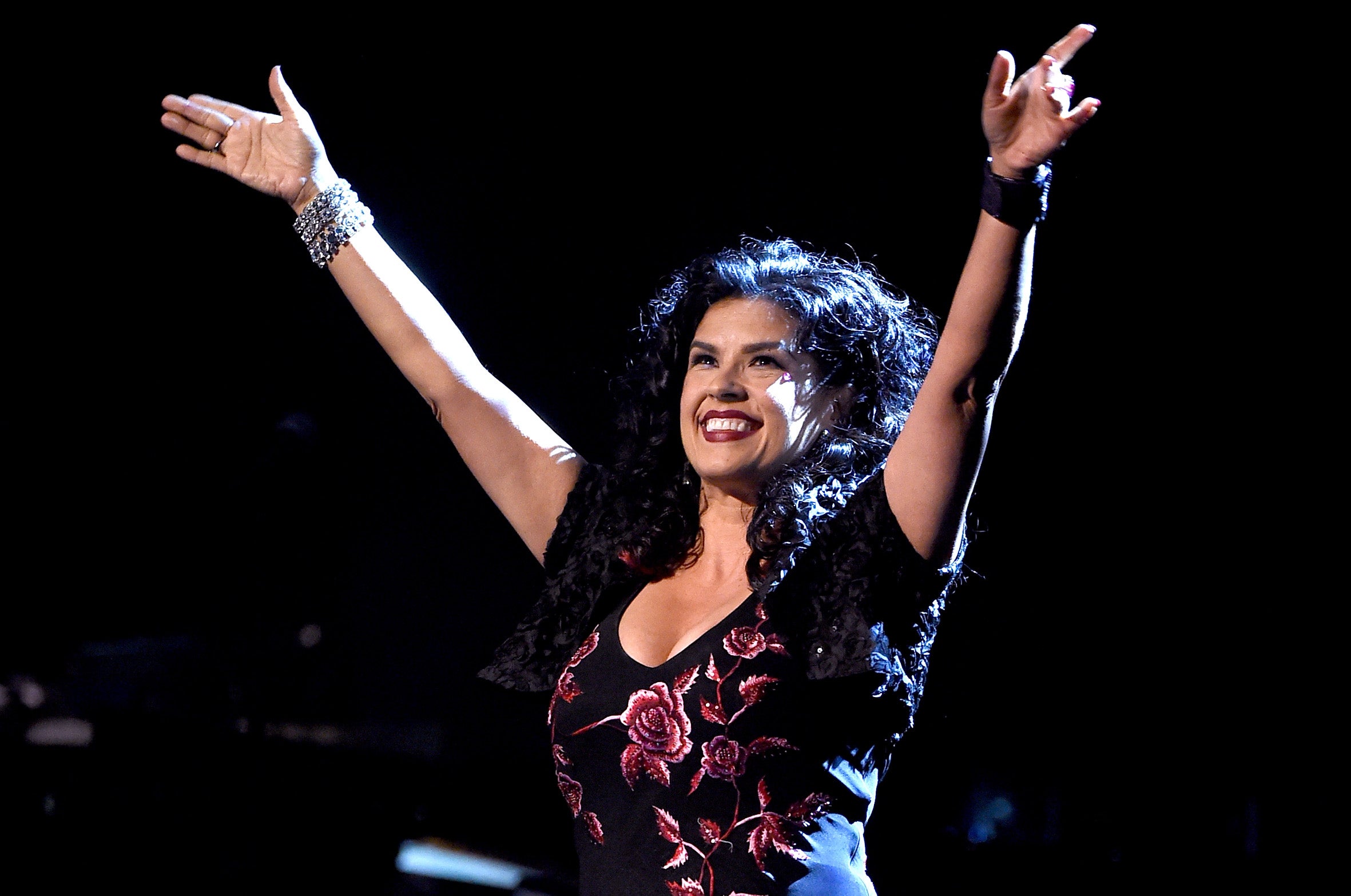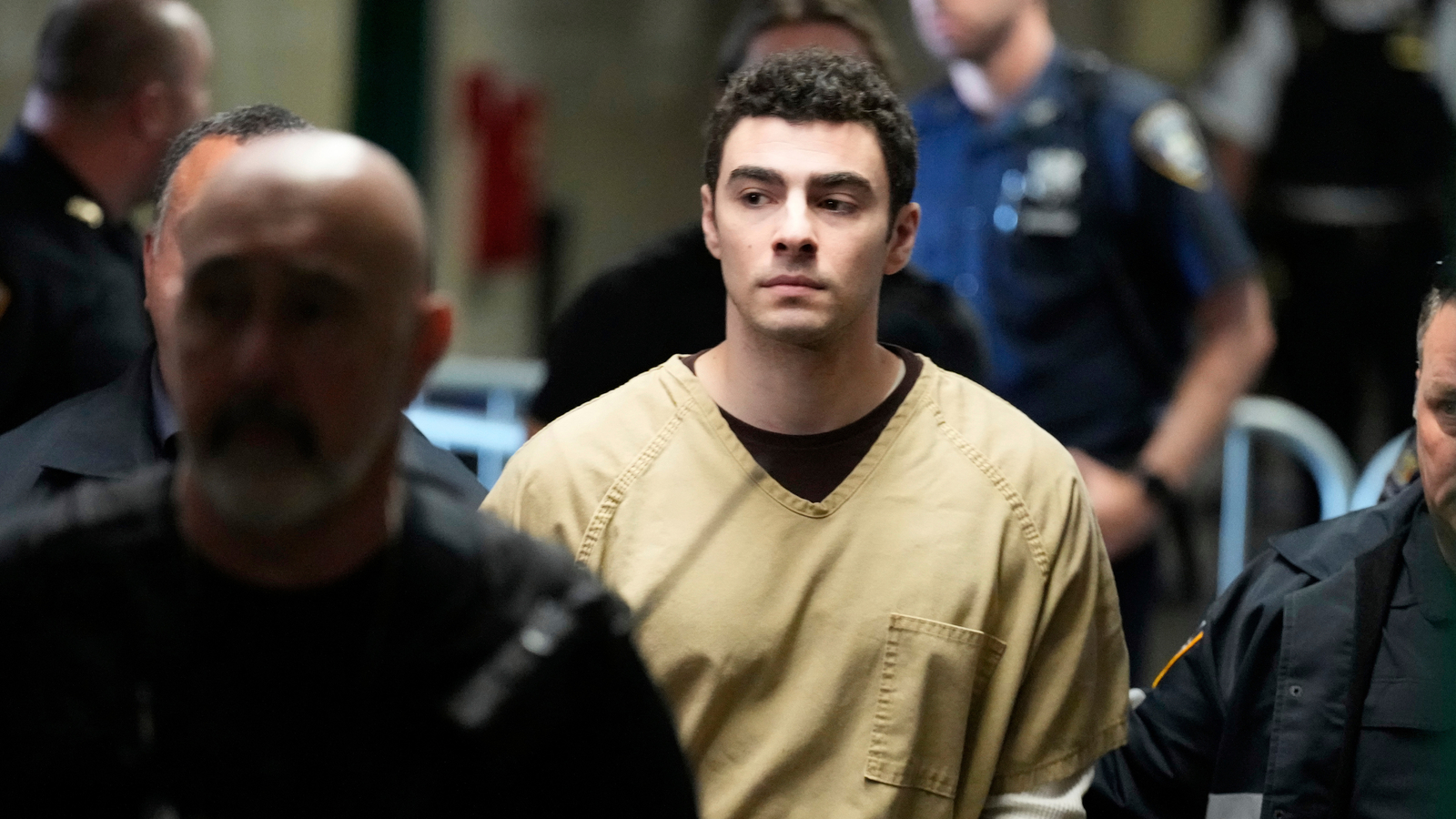
Rebekah Del Rio Dead at 57: Remember Her Iconic Mulholland Drive Song
When people think of Mulholland Drive, they often picture Naomi Watts, Laura Harring, the eerie Club Silencio, and right in the middle of that haunting space stands Rebekah Del Rio. Her voice alone turned a strange Lynch dream into an unforgettable memory for millions.
Del Rio didn’t come from some polished Hollywood machine. She started off singing around San Diego, moved to Nashville chasing a country music deal, and landed with her version of Roy Orbison’s “Crying.” She called it Llorando and sang it in Spanish.
David Lynch met her through a CAA agent, Brian Loucks, back in the mid-90s. He knew instantly there was something about her. He asked her to perform “Llorando” right there. He secretly recorded her too. That raw take planted the seed for one of cinema’s most surreal scenes.
The Club Silencio moment is where Lynch’s film flips your mind inside out. Del Rio stands under the blue light, voice echoing in Spanish. Naomi Watts and Laura Harring’s characters watch her and just break apart in tears. It’s pure emotion, stripped of logic.
The twist? The singer faints on stage. The tape keeps rolling. The song plays on. It’s all a lie, yet the heartbreak feels more real than anything. That’s the genius. But behind the camera, Rebekah Del Rio wasn’t lip-syncing. She gave it everything live, every take, so that her voice would hit Watts and Harring for real. You can feel it in the film.
What Else Did Rebekah Del Rio Do In Her Career?
After Mulholland Drive, Del Rio stayed linked to Lynch’s universe. She popped up again in Twin Peaks: The Return, sharing the stage with Moby for a roadhouse performance that fans still talk about. She didn’t fade into some cult footnote. She stayed connected to the very vibe that made her famous.
She worked with other filmmakers too. Richard Kelly tapped her for Southland Tales, where she delivered a haunting version of “The Star-Spangled Banner” as the world around her characters fell apart. Her voice also slipped into the gritty sounds of Sin City, Man on Fire and Streets of Legend.
Del Rio never became a big pop name. But she carved out a rare spot: an artist known by a single unforgettable moment that no one else could have pulled off. She kept that same haunting power alive at events like The Red Room Orchestra’s live Twin Peaks shows. Fans would come for the nostalgia and get the same chills when she sang.
Just weeks before she passed away, Del Rio performed live at a charity screening of Mulholland Drive in LA. It’s bittersweet to think she sang Llorando for fans again so close to the end.
What Made Her Music So Emotional To Fans?
It wasn’t just her voice, though that voice could cut through anything. It was how she gave herself to every note. In interviews, she said she didn’t just want to look like she was singing for the camera. She wanted everyone in that room to feel it.
When she sang for Mulholland Drive, she kept the stars in the room while she performed take after take. She wanted Naomi Watts and Laura Harring to have goosebumps just like the audience would later.
That’s why people still talk about her scene. It feels real. You believe every note because she believed it herself.
Who Was Rebekah Del Rio Beyond The Music?
Del Rio was born in Chula Vista, California, back in 1967. She had roots in San Diego’s music circles before she ever hit a big stage. Her life held deep heartbreak too. Her son, Phillip C. DeMars, died young at just 23 years old in 2009.
She lived with loss and kept singing. Fans who met her at live shows said she was warm, genuine and loved sharing her voice in intimate spaces. She didn’t chase the mainstream pop world. She stayed true to that haunting, raw style that first made Lynch stop and listen.
Del Rio’s passing at 57 is a heavy loss for fans who still get chills when they hear her voice. No official word yet on what happened, just that the LA Coroner’s Office confirmed she died at her Los Angeles home on June 23.
For anyone who still rewinds that Club Silencio scene, the echo of her song will never fade. She turned a surreal moment into a deep cry that cuts across language and time. Rebekah Del Rio leaves behind a legacy wrapped in one unforgettable note that lingers long after the screen fades to black.
Popular Categories





